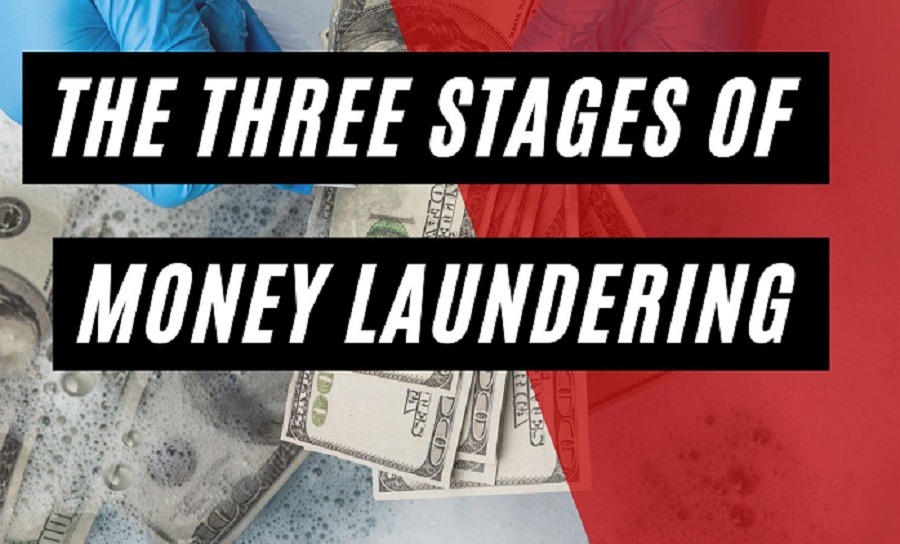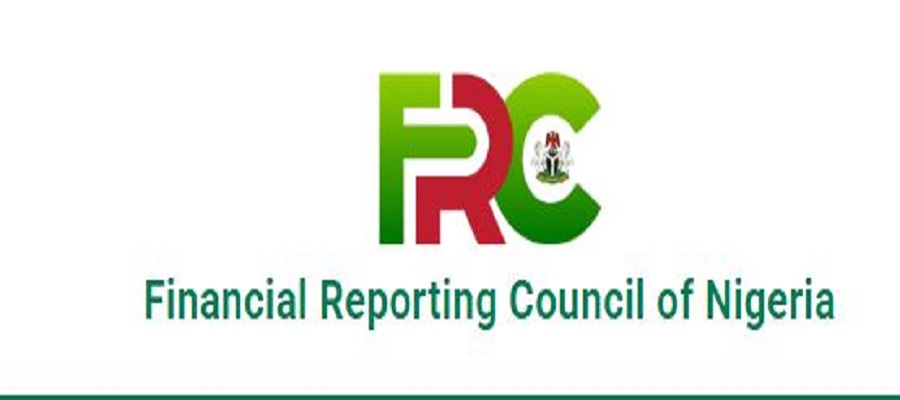General News
Falling Oil Prices Weigh on Nigerian Economy, G20 Summit in Focus

By Lukman Otunuga, Research Analyst at FXTM,
The recent depreciation in oil prices presents significant risks to oil export-dependent nations, with Nigeria falling into the category.
Depressed oil prices will not only shave government revenues but also the nation’s ability to implement its 2019 budget which pegged oil prices at $60 per barrel. If the Central Bank of Nigeria finds itself in a difficult position to defend the Naira amid falling external reserves, inflationary pressures are likely to make a return as the Naira weakens. The near-term outlook for the economy paints a gloomy picture amid weak oil prices, rising inflationary pressures and possible depreciation of the Naira.
However, with GDP potentially bolstered by increased government spending ahead of the presidential elections next year and diversification in play, there is still some light at the end of the tunnel.
Market sentiment hangs on G20 Summit
Conflicting signals over the direction of trade between the world’s two largest economies are poised to place investors on an emotional rollercoaster ride ahead of this weekend’s G20 meeting.
It was only on Monday US President Donald Trump stated that he was “highly unlikely” to suspend planned increases to existing tariffs on Chinese goods. One day later, White House economic adviser Larry Kudlow expressed optimism that a trade deal between the United States and China was still a possibility. With Trump’s remarks clashing head-on with Kudlow’s positive comments, the US administration is clearly adopting a classical good cop, bad cop strategy leading up to trade talks. Will this method work with China? This is the question on the mind of many market players.
In a perfect world, the best-case scenario for financial markets will be for both sides to find a middle ground on trade and secure a breakthrough deal. However, this outcome is highly unlikely with investors closely observing for any display of co-operation or interest in further negotiations to ease trade tensions. The worst-case scenario for markets will be if talks descend into disagreements on trade which may fuel fears over a trade war between the United States and China becoming reality.
Dollar remains the king of the hill
Dollar strength is set to remain a dominant market theme this week thanks to renewed trade tensions and expectation of higher US interest rates.
Buying sentiment towards the Dollar brightened yesterday following hawkish remarks from Fed Vice Chair Richard Clarida while uncertainty over trade fueled upside gains. Investors will be keeping a close eye on the pending second estimate of third-quarter GDP growth figures to gauge the health of the US economy. There will be a special focus on Fed Chair Jerome Powell’s speech, which will most likely be closely scrutinized for clues on how many more times the Fed plans to raise rates in 2019. If Powell strikes a hawkish note, the Dollar Index has the potential to rally towards 98.00.
Another painful day for the British Pound?
The story defining the British Pound’s painful depreciation continues to revolve around Brexit-related uncertainty and political drama in Westminster.
Matters could be worsened for the Pound if today’s UK Treasury’s Brexit forecast paints a very gloomy outlook for the UK economy post Brexit. Some parts of the Treasury report have already been leaked by the Telegraph this morning with the UK seen to be £150bn worse off under a no-deal. With GDP also projected to be 7.6% lower under a no-deal scenario over a 15-year period, things could get very messy to the run-up of the official Brexit deadline.
In regards to the technical picture, the GBPUSD is firmly bearish on the daily charts with bears eyeing the 1.2700 level.
Commodity spotlight – Gold
Gold was treated without mercy by an aggressively appreciating Dollar yesterday with prices sliding towards the $1,212 level.
The heavily bearish price action witnessed on the yellow metal confirms how its trajectory remains heavily influenced by the Dollar’s performance and US rate hike expectations. With the Dollar likely to remain supported by safe-haven flows and expectations of a rate hike in December, Gold is likely to witness further downside. Sustained weakness below $1,214 could inspire a move back towards the psychological $1,200 level.
General News
NCS to Launch Electronic System for Cash Declarations at Airports

Nigeria Customs Service (NCS) is set to introduce an electronic declaration system to streamline and enhance compliance for travelers carrying cash into or out of Nigeria.

Speaking in an interview with the News Agency of Nigeria (NAN) in Abuja, Abdullahi Maiwada, NCS spokesperson, emphasized that the initiative aligns with efforts to strengthen Nigeria’s anti-money laundering framework and reinforce financial regulations.
“The Nigeria Customs Service (NCS) has announced the deployment of an Electronic-Currency (E-Currency) declaration form as part of its anti-money laundering measures for travelers carrying cash into and out of Nigeria,” NAN reported. The system will require travelers carrying amounts exceeding the legal threshold to declare them before arrival or departure.
Maiwada further explained the process, stating, “We have developed a system where, even before leaving your point of origin, you can scan a QR code, access the form, fill it out, and we will be able to see it from here.”
He noted that the initiative, set for rollout soon, will enhance monitoring and facilitate information sharing with relevant authorities.
Under the Anti-Money Laundering (Prevention and Prohibition) Act 2022 and the NCS Act 2023, travelers carrying over $10,000 (about N15.4 million) or its equivalent in negotiable instruments must declare the funds to Customs authorities.
To boost awareness, the NCS is working with airline operators to inform travelers through onboard announcements and plans to reinstate signage at airports and border points in English and French.
The move comes as part of broader efforts to tighten financial controls following a recent case at the Murtala Muhammed International Airport (MMIA), where Customs officials seized $578,000 from a passenger attempting to evade currency declaration regulations.
General News
Aquaterra Energy Secures Multi-million-dollar well Intervention Contract with Intrepid Energy in Nigeria

Aquaterra Energy, a leader in offshore engineering solutions, has secured a multi-million-dollar, multi-year contract with Intrepid Energy Limited (IEL) to deliver a bespoke subsea well intervention equipment package for a project in Nigeria.

Aquaterra Energy’s turnkey well access package will enable IEL to conduct intervention operations across multiple mature oil wells in the region, supporting enhanced reservoir production.
The contract includes the supply of a complete seabed-to-surface intervention system and package, spanning from the subsea tree to surface intervention equipment.
Key components include Aquaterra Energy’s TRT tieback tooling, which provides production bore and annular access, a lightweight well pressure control system, and an ISO 13628-7 qualified open water intervention riser with an integrated tensioning system. In addition to equipment provision, Aquaterra Energy will also deliver ongoing offshore engineering support throughout the project.
The 7- 3/8” lightweight well access solution, has been specifically engineered for deployment from jack-ups and lift boats. This innovative approach offers a cost-effective and operationally efficient alternative to floating vessels, reducing intervention costs while maintaining high safety and performance standards.
Andrew McDowell, Delivery Director at Aquaterra Energy comments: “Our expertise in offshore engineering allows us to develop tailored intervention solutions that address the operational challenges of subsea well access.
This system has been engineered for efficiency, ease of deployment, and safety, helping IEL optimise intervention activities across Nigeria while reducing costs. By delivering a complete, integrated package, we are simplifying complex operations and enabling operators to maximise production potential.”
Engr Seun Alonge, CEO at Intrepid Energy Limited adds: “Working with Aquaterra Energy marks a significant step forward for our intervention operations in Nigeria. Their specialised technology enhances our ability to execute intervention programmes efficiently, maximising performance across our assets.
By combining Aquaterra’s technical expertise with our deep understanding of the local operating environment, we’re confident this collaboration will enhance production outcomes and create lasting value for our operations in the region.”
The project is set to support intervention operations over multiple years, with Aquaterra Energy providing ongoing technical expertise, with a dedicated team of engineers providing ongoing service support throughout the project.
George Morrison, CEO at Aquaterra Energy: “Delivering reliable and efficient well access solutions for shallow water subsea operations is central to how we support offshore operators.
This collaboration with IEL reinforces our commitment to providing cutting-edge engineering solutions that enhance efficiency and reduce operational costs. With West Africa playing an important role in the global energy sector, we’re proud to continue supporting its offshore industry with our expertise and innovative technologies.”
General News
FG Halts Controversial FRC Dues amid Industry Outcry

Federal government has temporarily suspended the controversial annual dues imposed on public interest enterprises by the Financial Reporting Council (FRC) after fierce opposition from businesses.

Jumoke Oduwole, minister, Industry, Trade, and Investment, announced the decision during a Ministerial Consultative Meeting in Abuja on Wednesday.
The move follows mounting pressure from private sector groups, including the Nigeria Employers’ Consultative Association (NECA) and the Manufacturers Association of Nigeria (MAN), who slammed the Financial Reporting Council (Amendment) Act 2023 for burdening companies with excessive fees.
The Act mandates cumulative annual charges for non-listed entities and imposes a harsh 10% monthly penalty on unpaid dues, compounding until full payment, a provision that sparked widespread backlash.
At the meeting, major industry players like NECA, MAN, the Nigerian Association of Chambers of Commerce (NACCIMA), oil producers, and telecom operators warned that the fees would cripple businesses already struggling in a tough economy.
Oduwole clarified the suspension, stating, “The government has decided to direct the Financial Reporting Council to pause in the implementation of the new annual dues. You know that I am a lawyer, and a suspension request by the organised private sector would be in contravention of legislation duly passed by the National Assembly. A pause is an administrative process simply to review, in line with what we discussed today.”
She assured stakeholders that the halt would last no longer than 60 days, with a technical working group—including FRC officials and private sector representatives—set up to reassess the policy.
“We are a listening administration. The private sector has requested a range from three months to an indefinite suspension. We are not going to do that. So, at the most, 60 days is in my estimate. We are going to set up a technical working group comprised of the FRC and the organised private sector who have formally written in, and this will be reviewed,” Oduwole emphasized.

 News3 days ago
News3 days agoCourt Throws Out Falana’s Fraud Case against Ekeh, Zinox Boss and Others

 E-Financial3 days ago
E-Financial3 days agoHeritage Bank Depositors Seek National Assembly’s Help to Recover Trapped Funds

 Telecom2 days ago
Telecom2 days agoAgain, Labour Fumes, Threatens Shutdown of Telcos over Non-Implementation of 15 Percent Tariff Reduction

 Telecom3 days ago
Telecom3 days agoNokia Unwraps 5G Gateway for Home Internet

 News3 days ago
News3 days agoFG Receives N1Bn Grant from Airtel Africa to Boost 3MTT Programme

 News3 days ago
News3 days agoFG to Halt Solar Panel Imports, Pushes for Local Manufacturing

 E-Business2 days ago
E-Business2 days agoQNET Disassociates From Fraudulent Academy in Abuja, Supports EFCC Arrest

 News2 days ago
News2 days agoNNPC Ready to Go to Capital Market for IPO- CFIO



























